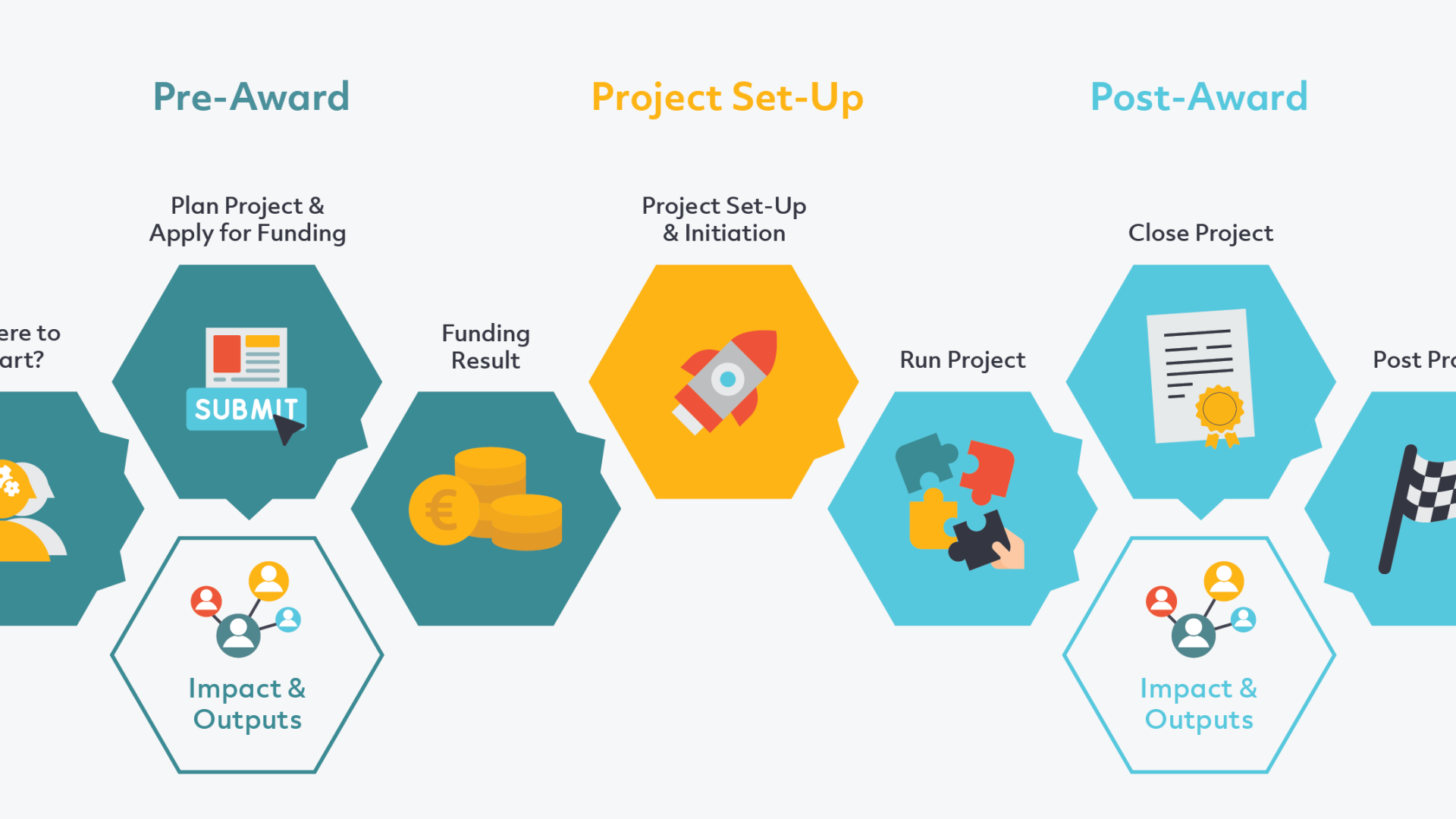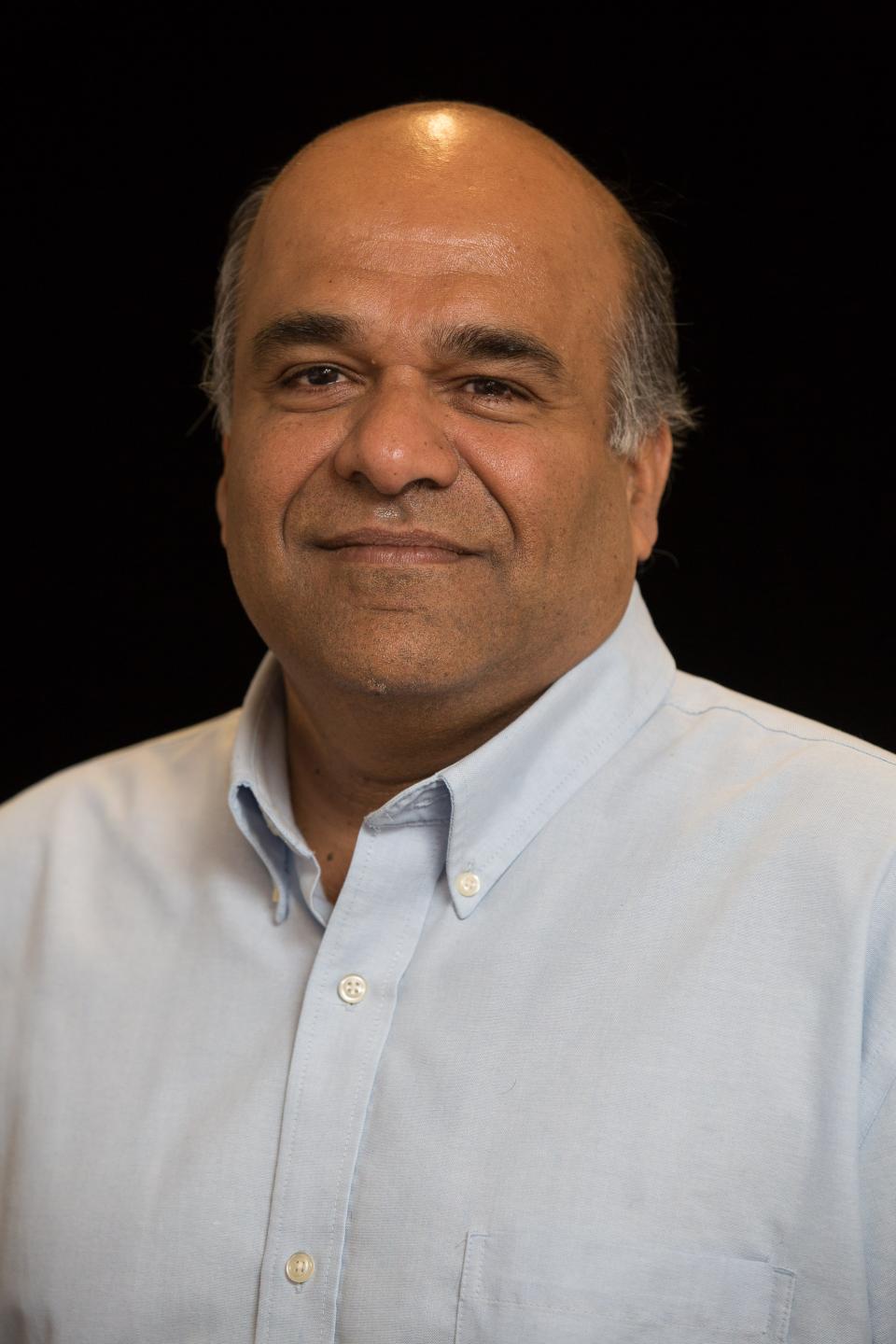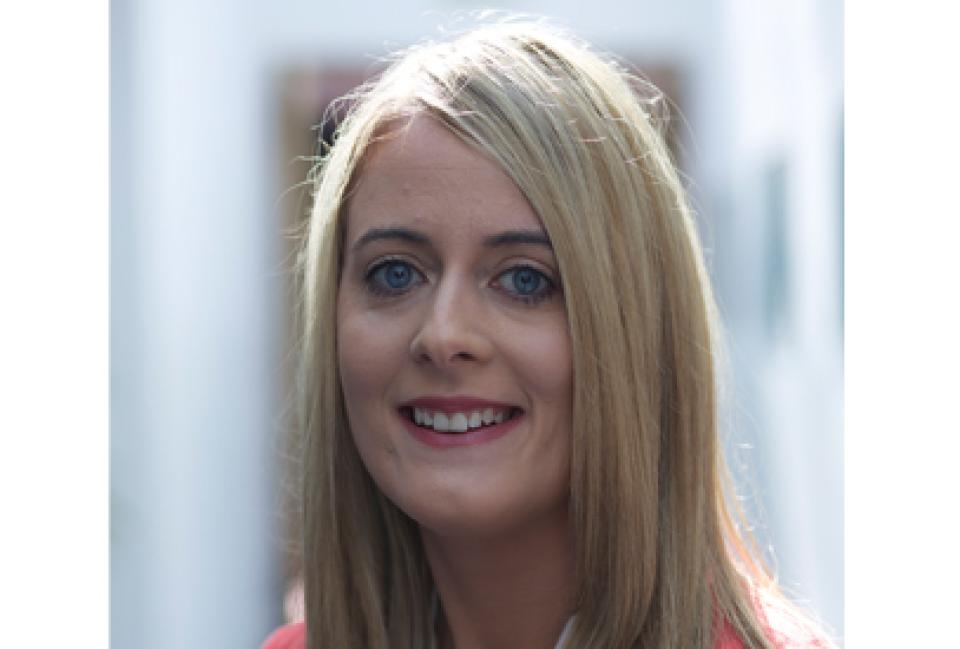
DCU Researcher Development Guide

Professor John Doyle, Vice President for Research in DCU
Welcome from the VP for Research and Innovation
abcd

Jen O'Hara, Head of Learning & Organisational Development
Welcome from DCU HR Learning and Organisational Development
abcd
Key Contacts

Chris Farrell, Learning and Organisational Development Officer
Email: learning.development@dcu.ie
Phone: 7374

Fiona Brennan, Director of Research Support
Email:
Phone:
Getting Started at DCU
Orientation for Researchers and Academics
Getting to know DCU is the first step in your professional journey at the university. DCU People have some clear advice and supports to help you begin your journey. DCU Learning and Organisational Development offer a Digital Orientation coupled with an Orientation day to help you better understand the university and to meet colleagues from across the organisation.

DCU Researcher Life Cycle
DCU Research Lifecycle resource
Understanding the complexity of the research funding lifecycle can be challenging for early stage researchers. To assist you, DCU Research have mapped the seven stages of an externally-funded research project – from defining your project idea and applying for funding, through to running and finishing your project. The Research Lifecycle resource clarifies research processes and provides researchers with information on where to access relevant supports and services at each stage. The content has been informed through engagements with over a hundred stakeholders across the university, including researchers and research support staff from all faculties and relevant professional support units. This resource is available via the DCU Research Lifecycle webpages and will be reviewed on an ongoing basis to ensure it continues to meet researcher needs.
Learning and Organisational Development provide a broad range of courses, events and resources designed to support your personal and professional development, nurture your creativity, and enhance your leadership, management, and technical skills.
The unit works collaboratively with the Research Support Team, the Teaching Enhancement Unit, and the Graduate Studies Office, as well as engaging regularly with our researcher and academic colleagues, to design our courses and workshop. Our courses
for researchers target particular needs specific to researcher professional development and equip you with important transferable skills.
USEFUL LINKS
Visit the Researcher Development Hub
Explore our Learning Catalogue
@DCULearningDev
Professional Skills for Research Leaders (PSRL) is a bespoke programme that provides skills-based training opportunities to encourage your personal and professional growth as a researcher.
The PSRL will help you:
— develop your career strategy within a broader research context
— advance your grant writing skills
— build on your capabilities as a team leader
— establish and maintain fruitful research collaborations
— develop your communication skills in a variety of capacities (including presenting at conferences, publishing your research and presenting your research on radio, TV and to industry)
The programme runs over a number of months with and is fully aligned with the DCU Researcher Career Framework (see later section).
Find out more about the Professional Skills for Research Leaders (PSRL) Programme.

HRS4R
The HR Strategy for Researchers (HRS4R) was launched by the European Commission in order to support the implementation of the principles and requirements of the European Charter for Researchers and Code of Conduct for Recruitment of Researchers. The principles specify the roles, responsibilities and entitlements of researchers, as well as of employers and funders of researchers. The overarching aim is to develop an attractive, open and sustainable European labour market for researchers.
In July 2015, DCU was awarded the right to use the ‘HR Excellence in Research’ logo by the European Commission. This significant award was achieved by
participating in and successfully completing the HRS4R process, which involves embedding the Charter and Code in our policies and practices.
Find out more about HR Excellence in Research.

DCU RCF
The Researcher Development Framework (RCF) supports the professional and career development of our researchers by explicitly identifying the competencies and behaviours needed for success and progression.
As a participating researcher, you are supported to develop a set
of valuable and transferable skills that enhance your career opportunities.
The framework has three levels:
— Level 1 – Postdoctoral Researcher
— Level 2 – Research Fellow
— Level 3 – Senior Research Fellow
The RCF and Teaching as a DCU Researcher

Dr Prince Anandarajah
Dr Prince Anandarajah is an assistant professor at the School of Electronic Engineering, DCU. He is an avid researcher who has published over 200 scientific articles and is interested in the translation of research.
Things evolve continually in research and, as a result, researchers are embarking on increasingly diverse careers. This demands the mastery of a wide array of skills. Researchers acquire many skills during the course of their studies or research, but it is vital to realise the positive role of formal progression structures and training in enhancing your career in research.
I was enrolled on a pilot of DCU’s Research Career Framework (RCF) when it was initially rolled out. One of the positive attributes of the framework was that it provided a clear path of how I could progress in my career, with solid metrics/criteria and developmental opportunities.
As a preliminary step, I met with my mentor (not necessarily the PI) and the Learning and Development Officer to identify possible skill gaps, which led to my customised training needs analysis. This enabled the formulation of my personal Career Developmental Plan (CDP), which aligned training and workshops provided by Learning and Development to my specific current and future needs.
Through the framework and the programme, I greatly enhanced my skillset across a range of areas including management, communication, networking and interdisciplinarity, interviewing, and conflict resolution. Improving on these transferable skills has aided me in working more effectively in diverse work environments and with a broad range of people.
So in summary, the Researcher Career Framework gave me a sense of requirement for progression and accomplishment in terms of my skills and development, and allowed me to review my career progression against set criteria.

Dr Grace Fox
Dr Grace Fox is currently an adjunct Senior Research Fellow at the Irish Institute for Digital Business, DCU. Her past roles include postdoctoral researcher at HIRSC at University College Cork and the Irish Centre for Cloud Computing at DCU Business School. She was also an Assistant professor in Digital Business at DCUBS. Her research interests are disciplinary in nature focusing on how technology is adopted and assimilated in organisation and consumer contexts.
Upon commencing my career as a postdoctoral researcher, I was cognisant of the scarcity of academic positions in Ireland. For me, teaching is a core aspect of the academic career and was an area I wanted to develop in, both in terms
of gaining more experience but also to discover my teaching style and build confidence. During my PhD, I had gained some teaching experience in the form of tutorials and guest lectures, but I was eager to broaden my experience.
While at UCC I taught an Undergraduate module on health information systems to Medical students and a blended E-commerce module to Undergraduates at the National Institute for Digital Learning (NIDL) in DCU. These opportunities provided me with the experience needed to teach three modules at Postgraduate level the following year whilst working at the Irish Centre for Cloud Computing and Commerce.
Over the past few years, I have taught full-time and part-time students at Undergraduate and Postgraduate level, both in face-to-face and blended formats. I have co-taught a module on research methods and been a part of a teaching team on the Next Generation module (link). I also completed the PhD supervision course and have since supervised Postgraduate practicum projects and joined the supervisory panel for a PhD student.
This varied experience has made my postdoctoral career more dynamic and enjoyable and has undoubtedly prepared me for the next step in my career.
I would strongly recommend all postdoctoral researchers considering an academic career to seek teaching opportunities. Discuss your availability and willingness to teach with your principal investigator, the head of group in your University and any other contacts you have.
I would also recommend seeking opportunities outside of your faculty and external to the University. Your expertise could likely be leveraged to deliver a module in another faculty or some guest lectures, not to mention the multitude of modules available in the various third level institutions in Dublin and further afield. There are various workshops and courses on offer in DCU related to teaching, which I’d recommend you attend. Finally, I would encourage postdocs to seek varied experience such as delivering online modules, managing research assistants or advising on Postgraduate practicum projects and dissertations. All of these experiences will be valuable in pursing an academic or research career.
